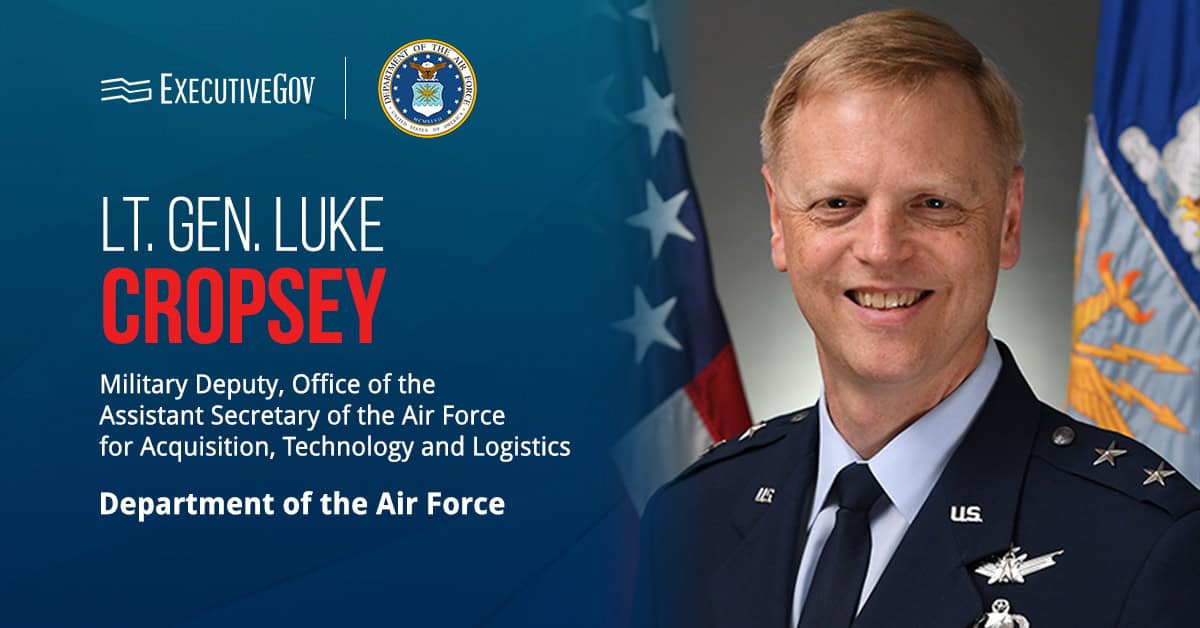
White House Cybersecurity Coordinator Michael Daniel has said he believes the Einstein tool that works to detect and monitor network vulnerabilities is still a “very credible and solid piece†of the federal agencies’ defenses against cyber threats, FCW reported Thursday.
Sean Lyngaas writes Daniel made the remarks at a New America think tank event held Thursday in Washington.
The federal government runs an “incredible array of legacy systems that if we were in the private sector we would probably just write off,†Daniel said.
“But the government can’t just do that.â€
His statements surfaced after the Government Accountability Office released last month an audit report, which found that the Einstein program did not consistently identify and prevent vulnerabilities and malicious content in federal networks’ web traffic.





